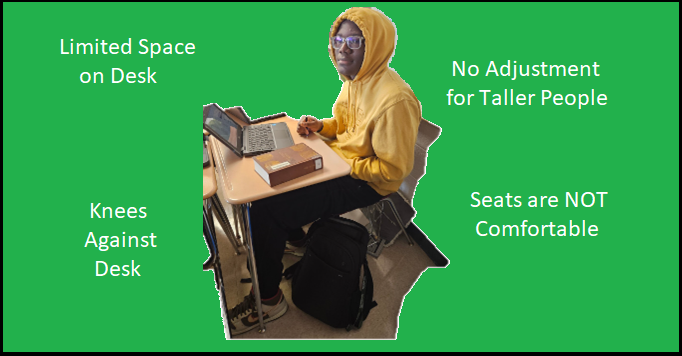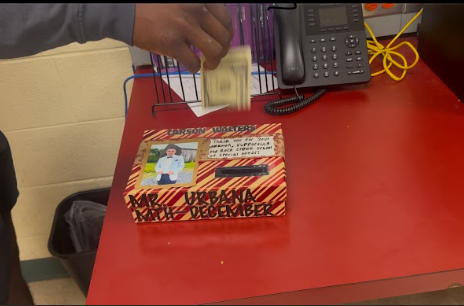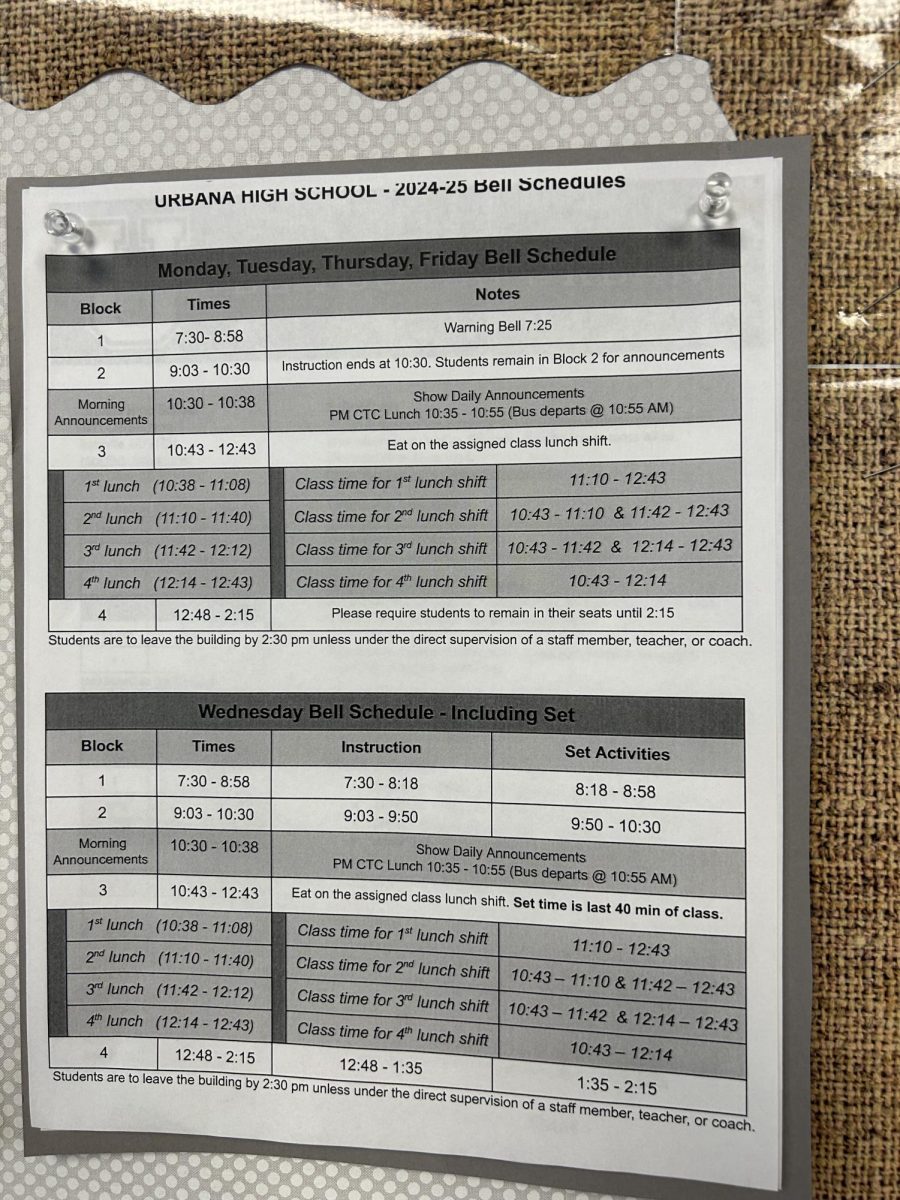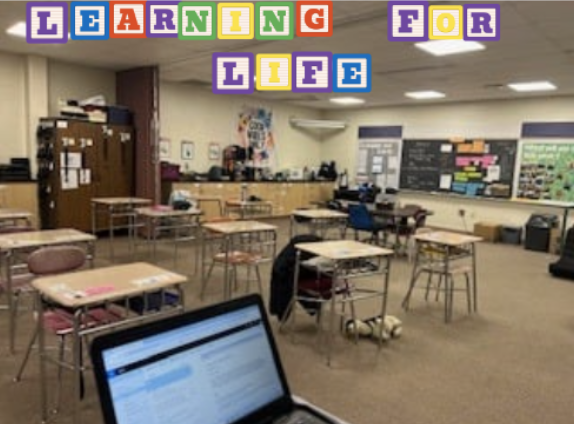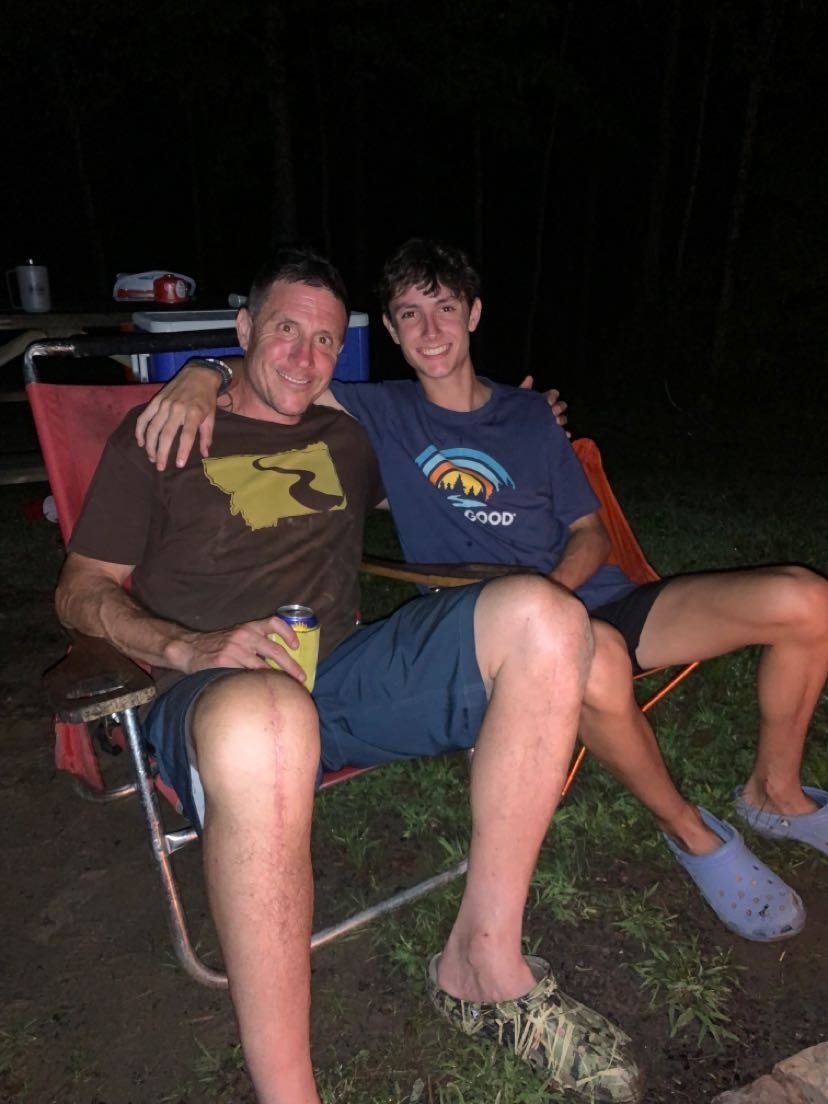You wake up to a dark and chilly room. The clock on your bedside table reads 7:30 AM, yet the sky remains a barren and lifeless black. As you struggle to find the motivation to break free of the covers that seemingly entrap you, the realization that it’s only February starts to set in, causing you to sink even further into your mattress.
The walk into school isn’t much better as you wipe the sleep from your eyes, shielding yourself from the wind. As you walk through the main entrance, you feel a sudden sinking feeling deep within your stomach, this is going to be a long day, a long week, quite possibly a long month.
The very root of your problems seems to stem right from the very fact that it is indeed winter, the dullest time of the year.
Feeling glum and down during the winter time is something many of us are accustomed to for many different reasons. Whether it be lack of sunlight, the cold weather, and even the scarcity of major events such as holidays, each and every one of these things has affected you to some degree this winter.
When asked about this, senior Emily Wlodarcyzk explained how her change in mood could be attributed to how “nothings going on right now” further explaining how, at the base of it all, “life’s kind of boring [right now]”.
But what about winter makes it boring? Well it seems that once the holiday season passes, students don’t have much to look forward to.
The next major holiday, Easter, won’t be upon us until April, followed by our next long break from school, leaving many students dreading the time in between now and then.
Outside of school things aren’t much better. “I enjoy a lot of activities outdoors that take place during the spring and summer and I can’t do that in the winter and I’m cooped up inside the whole time during the winter and it’s just not as fun as being outside in the warm weather”, senior Max Dabruzzo speaking on the struggles of being stuck indoors during the winter months.
Senior Finlay Souders expanded on the lack of suitable weather, touching on the subject of limited daylight and how “It getting dark so early and staying dark late in the morning” is causing her and many more students to feel more tired than they’d normally feel during the warmer months of the year.
One might argue that this increase in tiredness could be linked to a lack of motivation, therefore making it harder to focus on assignments and in school as a whole.
And in this lack of focus and energy, students might find themselves overwhelmed, stressed, and even depressed. All rooting from it being winter.
But why? Why can’t we overcome these challenges when they arise every year, almost like a clock. Well the answer may be more complex than you might think.
Seasonal Affective Disorder, commonly referred to as SAD, is an extremely common form of seasonal depression that almost operates like clock work, affecting millions around the same time every year.
SAD can make it hard for students to focus in school while at the same time making them listless and often down or depressed.
SAD can also be held responsible for weight gain over the winter, an obstacle that many face while cooped up inside.
Whether it be inexplicable sadness, loss of interest for something you often enjoy, over eating, it can all be attributed to SAD. Seems pretty bleak, huh?
Well one might say it only gets worse, as there isn’t a guaranteed fix for SAD. But not to worry, because with a little perseverance, one can take sure steps to combat the disorder and even minimize its effects to the fullest.
Ways to combat SAD include:
- Being prepared. SAD usually strikes as the days become shorter and the weather becomes colder. Try and stay ready with some tried and true remedies such as music playlists, tea, and other relaxing remedies.
- Learn to appreciate the little things. FInd small victories in your week, whether it be reaching the weekend to attend a social gathering, finishing a good book, or looking forward to a sporting event. If you truly focus, you’d be surprised at how much you can find to look forward to.
- Find someone to talk to. Whether it be a friend who you can often relate to, a trusted adult, or even a therapist.Letting it out rather than holding it in is the better option every single time.
Mayo Foundation for Medical Education and Research. (n.d.). Seasonal affective disorder (SAD). Mayo Clinic. https://www.mayoclinic.org/diseases-conditions/seasonal-affective-disorder/symptoms-causes/syc-20364651














